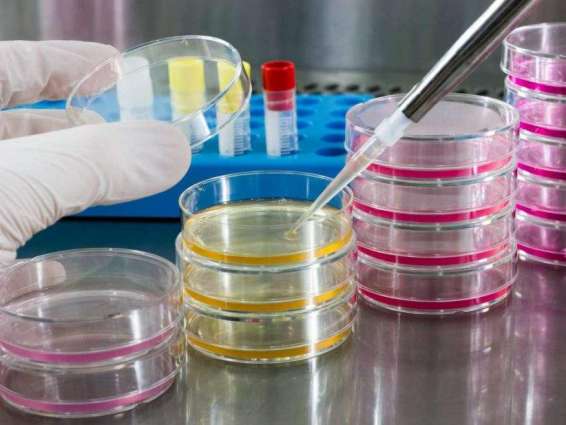Researchers keep on developing new drugs to fight cancer, and while some are indeed effective, others never fulfill their promise. A new study now explains why many cancer drugs may not work in the way their developers think they do
Islamabad (Pakistan Point News / Online - 19th September, 2019) Researchers keep on developing new drugs to fight cancer, and while some are indeed effective, others never fulfill their promise. A new study now explains why many cancer drugs may not work in the way their developers think they do. But within the problem also lies the solution.Cancer affects millions of people around the world, and in some cases, it does not respond to the forms of therapy that doctors usually prescribe.
For this reason, researchers keep on looking for ever more effective drugs that can stop cancer in its tracks. Sometimes, these new therapeutics live up to their developers' expectations, while at other times they fall short.As the search for improved anticancer drugs continues, a new study has discovered that many of the new medications that do work often target different mechanisms than those the scientists intended them for.This may also explain why many new drugs fail to work.
The finding comes from a team of scientists at the Cold Spring Harbor Laboratory in New York, who originally set out to study a different issue. Jason Sheltzer, Ph.D., and team initially wanted to identify the genes that had links to low survival rates among people receiving cancer treatment.But this work led them to find something they did not expect: thatMELK, a protein formerly linked with cancer growth, does not affect tumor progression.
Because cancer tumors contain high levels of MELK, researchers had thought that cancer cells used this protein to proliferate. They thought that by stopping MELK production, this would also slow down tumorgrowth.However, Sheltzer and colleagues found that this was not true. When they used specialized gene-editing technology (CRISPR) to "switch off" the genes that encoded MELK production, it turned out that this did not affect cancer cells, which kept increasing as before.
If a therapeutic target that researchers believed held so much promise did not work in the way that scientists had expected, could this also be true of other therapeutic targets? "My intention was to investigate whether MELK was an aberration," notes Sheltzer.False premises for new drugs?In the current study whose results appear in the journal Science Translational Medicine Sheltzer and colleagues investigated whether the described "mechanism of action" of 10 new drugs accurately represents how the drugs work.
Researchers tested all 10 drugs in clinical trials, with the help of approximately 1,000 volunteers, all of whom had received a cancer diagnosis."The idea for many of these drugs is that they block the function of a certain protein in cancer cells," explains Sheltzer."And what we showed is that most of these drugs don't work by blocking the function of the protein that they were reported to block. So that's what I mean when I talk about mechanism of action," Sheltzer continues.The researcher also suggests that "[i]n some sense, this is a story of this generation's technology." The investigators explain that before gene-editing technology became a more widespread means of stopping protein production, scientists used a technique that allowed them to act on RNA interference.





